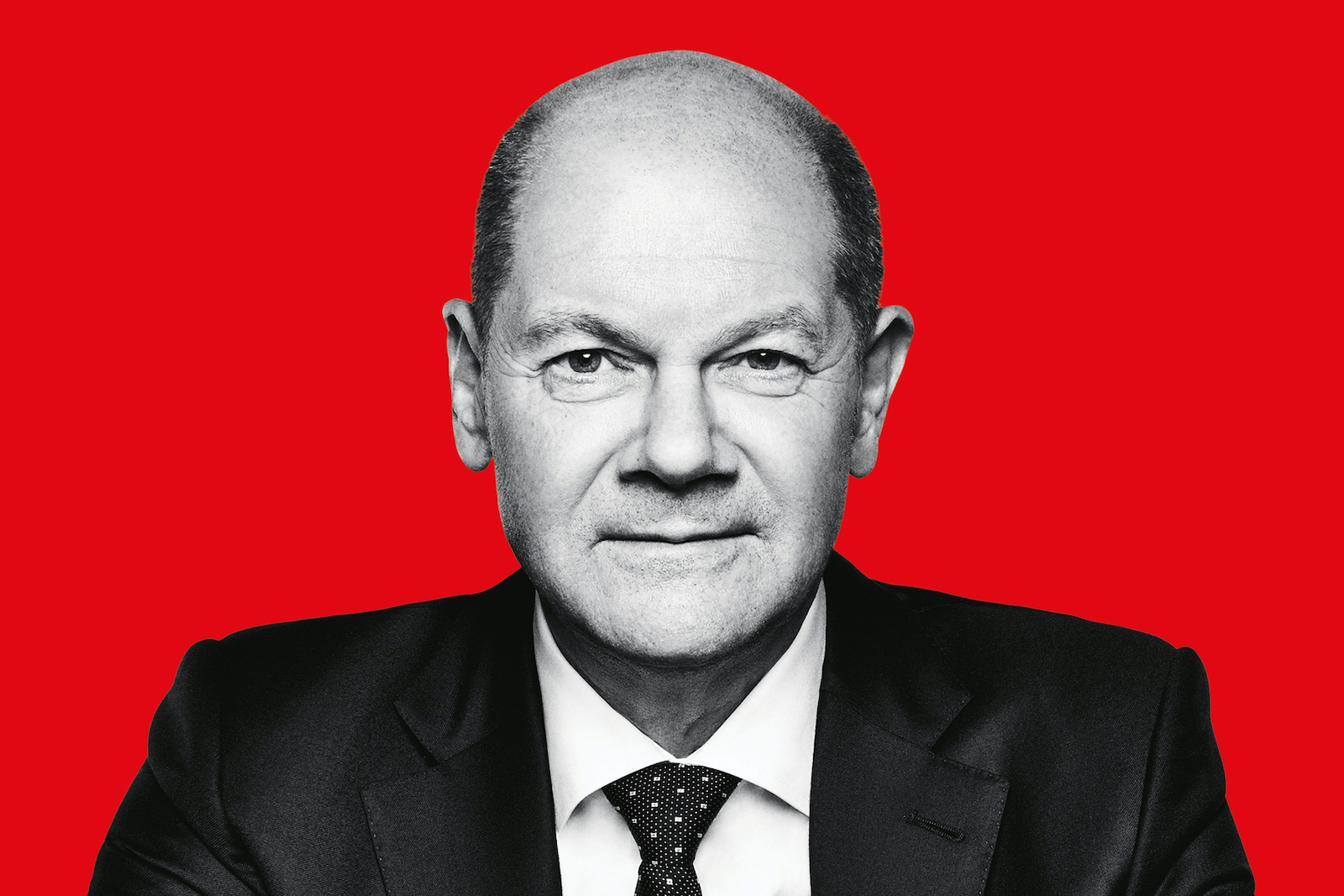
Are the EU and the U.S. Headed for a Breakup?
The world is transitioning to a new political reality. Not because the current dominant world power is under any serious threat to its hegemony, but because the United States is voluntarily withdrawing from its role as the world’s guarantor of world peace and freedom of trade on the world’s oceans.
Part of the rationale for the United States’ withdrawal is a weariness of providing security to Western Europe. While vehemently opposing the Russian invasion of Ukraine, Germany and to a lesser extent France, is seeking to mediate the conflict, rather than help Ukraine defeat Russia on the battlefield.
The multi-polar world emerging will still leave the United States as first among equals but will also reflect the growing differences in economic and political interests that are powering the rise of different trading blocs throughout the world.
Germany, and its ties to Russia
Since the mid-1950s, guided by a small but influential organization called Ost-Ausschuss der Deutschen Wirtschaft, German business interests have sought to extend trading and business opportunities eastward.
In the 1950s, Ost-Ausschuss invested in Romania and China. In the 1970s, Ost-Ausschuss was involved in negotiations resulting in gas deals with the then-Soviet Union. Since then, especially after the fall of the Soviet Union, Ost-Ausschuss has expanded aggressively into Eastern Europe, making it the workshop for the German economy, and the main pillar of German economic growth.
The aim of Ost-Ausschuss is to form a business relationship with the East, reaching across the Eurasian plain to China. While German trade with Russia only amounts to 2.3% of German GDP, it provides an allure to German business interests with a market of 145 million people.
In 2020, total German exports to Russia were $26 billion, with the top export items being oil and gas. While Ost-Ausschuss has decried the Russian invasion of Ukraine, Ost-Ausschuss also issued a statement to continue business with Russia, especially the importation of natural gas.
Despite pledges to assist Ukraine, a month after Russia invaded Ukraine, no significant help from Germany has been forthcoming.
Olaf Scholz, the current German chancellor, has been criticized for not providing more robust military aid to Ukraine, both in Germany and from other nations. Members of his government, who are junior coalition members, claim that his reticence to provide more weapons to Ukraine comes from members of his Social Democratic Party, with ties to Ost-Ausschuss.
French ties to Russia
The ties between Russia and France, apart from the Napoleonic Wars, have long been cordial. Primarily the ties reflect the fear of both nations of Germany.
France was never comfortable with the leadership of the United States during the Cold War. Ironically, France depended on the United States to return its colonies in Indochina following the Second World War. While the price to join NATO was regaining control of its colonies, France left NATO in 1966.
Even after Russia’s annexation of Crimea in 2014, trade between France and Russia increased. In 2017, trade between the two countries grew by 26% to an estimated €13.2 billion. While trade between the two countries will suffer because of the Russian-Ukraine war, it will eventually resume regardless of how the conflict is resolved.
Still to be resolved in France is the 2022 presidential election. French President Emmanuel Macron and the far-right candidate Marine Le Pen will face each other on April 24 for the presidency.
While current polling shows Macron with an 8-point lead over Le Pen, some polls have shown Le Pen surging. The current polls are far different from Macron’s victory over Le Pen 5 years ago, where Macron won by over 30 points.
While France was quick to provide military assistance to other NATO members, especially Poland, there has been no substantial military assistance from France to Ukraine.
Other members of the European Union are more vocal in their preference for Russia as opposed to condemning the Russian invasion of Ukraine. Hungary and Serbia, both members of the EU, are more supportive of Russia.
On April 20, at the G20 meeting, the United States, joined by Ukraine, Canada, and Christine Lagarde, president of the European Central Bank, boycotted remarks by Anton Siluanov, Russia’s finance minister. Those countries who stayed to hear Siluanov’s remarks were the finance ministers of Germany, France, Spain, and Italy.
As the divergence between the United States and the EU continues to gather steam, differences in policy will be too big to paper over. Based on factual economic interests, sooner or later the EU’s economic interests will differ from the national security interests of the United States.
With the two major powers of the European Union favoring maintaining ties with Russia, the question of the relevance of NATO to the national security interests of the United States has to be brought into question. When this happens, NATO as a functional entity will no longer be relevant.

